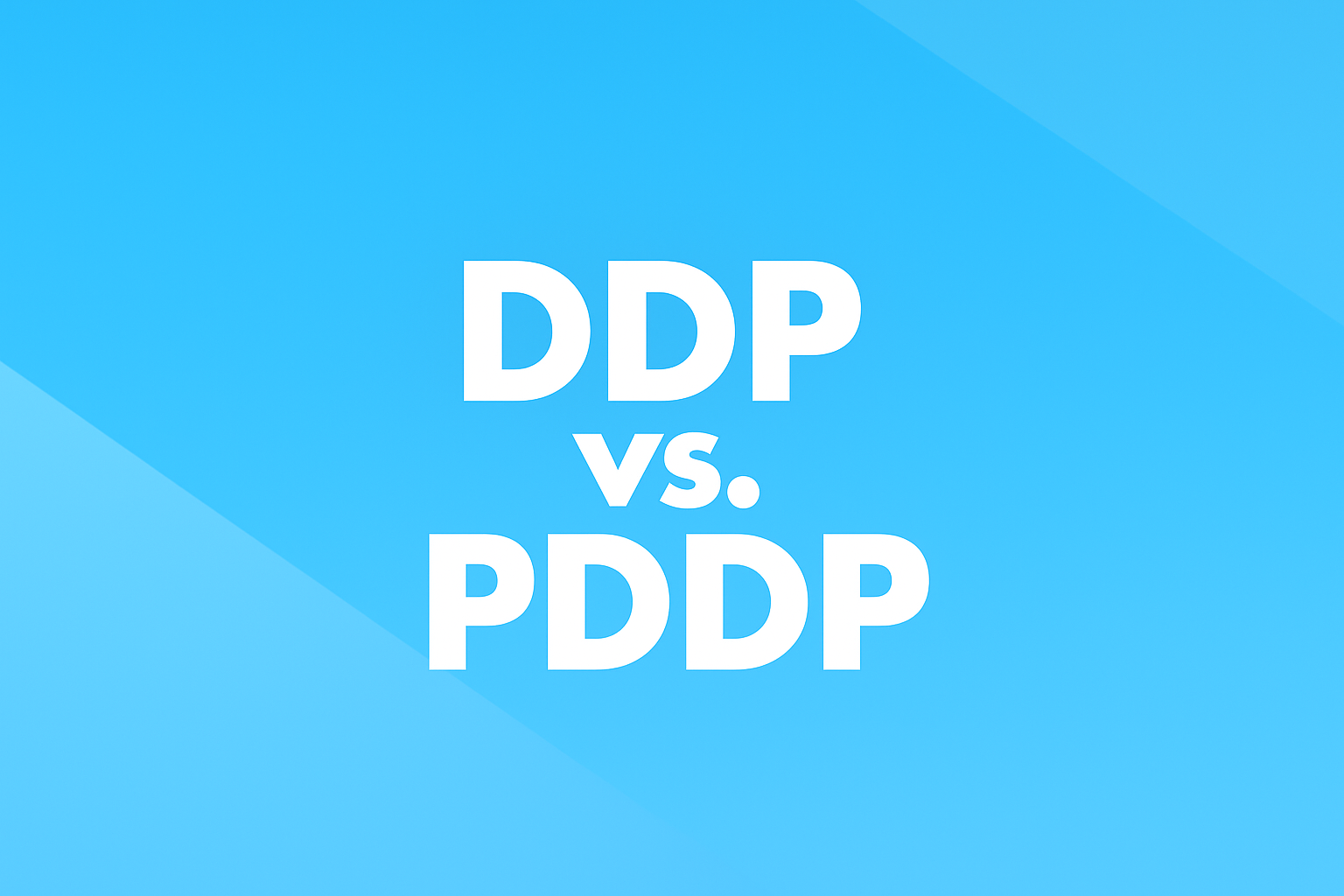- Ecommerce
- Shiptheory

5 Good Reasons to Invest in B2B E-commerce
Let’s face it, B2B (business to business) companies can be somewhat sceptical when it comes to e-commerce. Here are the reasons given:
“It’s not for me, I’m in a niche sector, I’m in contact with all my potential clients”.
“It’s not for me, my offer is too complex, only a salesperson can address my customers”.
“It’s not for me, I have an exclusive agreement with a network of dealers, I don’t want to squeeze them”.
Here are five good reasons to reconsider these objections and see B2B e-commerce from a new perspective:
1. A potential development still vastly underused
According to Fevad, the e-commerce sector grew up to 15% in the last three years. But what about E-commerce B2B specifically?
In the same year, B2B e-commerce’s global revenue was four times more than that of B2C e-commerce. But will this rate of growth run out of steam soon, or is that the beginning of a great success story?
2. A sustainable competitive advantage
In terms of competitiveness, taking the e-commerce turn today is an opportunity for B2B companies to get new opportunities:
#1 Differentiate themselves from the competition.
#2 Get a head start because, unless you do not believe in the future of e-commerce, your company will benefit from the experience gained in the long term.
#3 To benefit from the many advantages of e-commerce in terms of:
· Customer satisfaction: full multi-channel experience and customer autonomy.
· Customer loyalty: multiple opportunities for interaction between your company and its customers.
· Cost reduction: streamlining operations, optimising the distribution and marketing costs.
· Revenue development: an additional sales channel accessible to everyone.
· Time-to-market reduction: accelerated distribution of new offers.
· Open the door to the international: the web knows no borders.
3. A service that responds to changing usage
The sales model has changed dramatically in the last few years. Gone is the seller in a position of strength, holder of knowledge and almost unavoidable. Welcome to the era of the buyer, an informed buyer who knows what she wants, and who has a choice!
The digital revolution is changing the sales model. The buyer is more autonomous, she takes control of the commercial relationship, and the seller supports her all along her buying process by providing advice and expertise.
Inevitably, the newly-formed consumer habits will largely impact the buying process. To bid your offer online with all the information that it is required to provide means to adapt your business model to these new practices.
4. Efficiency for sales teams and resellers
E-commerce in B2B does not jeopardise the selling opportunities of resellers. On the contrary, it supports and complements them.
The journey that the customers have already taken reduces the road ahead for the (re)seller. And that’s good news for the latter because by approaching a customer in a more advanced stage of their customer journey, the (re)seller automatically has a much better chance of completing a sale. E-commerce is a facilitator of the buying process; in fact, it helps to make it more fluid by allowing the customer to progress uninterruptedly.
Most of the time, B2B e-commerce can also provide additional features that boost business relationships outside of online platforms. Digital quotation and online request for proposal also contribute to facilitateing relationships between buyers and seller.
By offering different ways of doing business online, B2B e-commerce enables companies to reduce the time spent selling and to optimise the result. E-commerce provides the (re)seller with a valuable efficiency gain.
5. Easier access to m-commerce
According to the Forrester study of that year, nearly 50% of B2B e-retailers’ customers used their smartphone or tablet to search for and order at least one product or service this year.
M-commerce will most probably catch up with e-commerce sooner than later because it is its natural extension. In fact, it is not just going to catch up; it is going to transcend it and become one with him eventually. Indeed, although at first e-commerce facilitated the development of m-commerce, it is now the turn of m-commerce to give a new dimension to e-commerce. In the meantime, the B2B company that invests today in e-commerce offers itself the opportunity to extend its presence to m-commerce easily.
Conclusion
Faced with these arguments, B2B companies should adapt their communication and sales strategy to boost and secure their growth and prepare to face the competition from B2C e-commerce sites and other well-established B2B players.
Author: Zoé Kahn
Zoé is in charge of marketing and account manager at Uppler, a start-up that offers an all-in-one solution for creating B2B e-commerce platforms. After studies in digital marketing in France and several years of experience working in start-ups, she decided to specialise in digital by working as a digital project manager at Publicis. In 2019, and to discover new digital areas, she went back to the start-up world with the desire to develop Uppler internationally.

Follow on LinkedIn.






